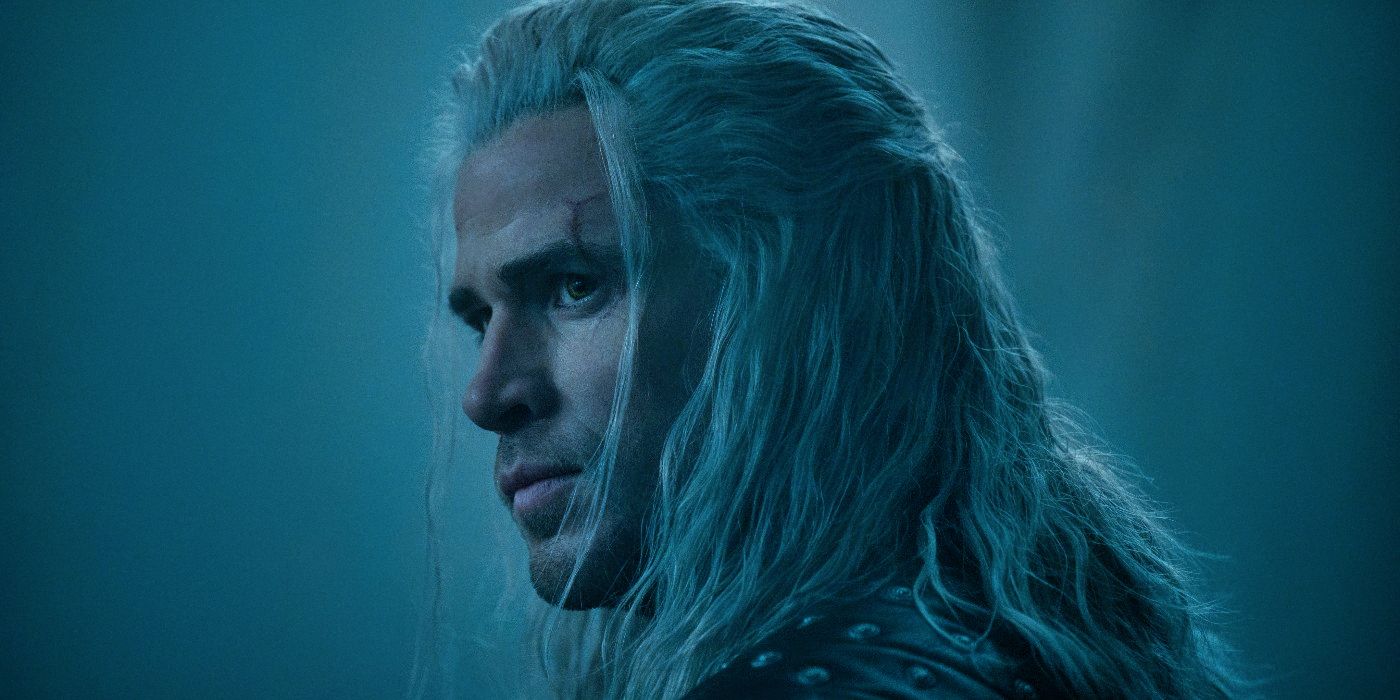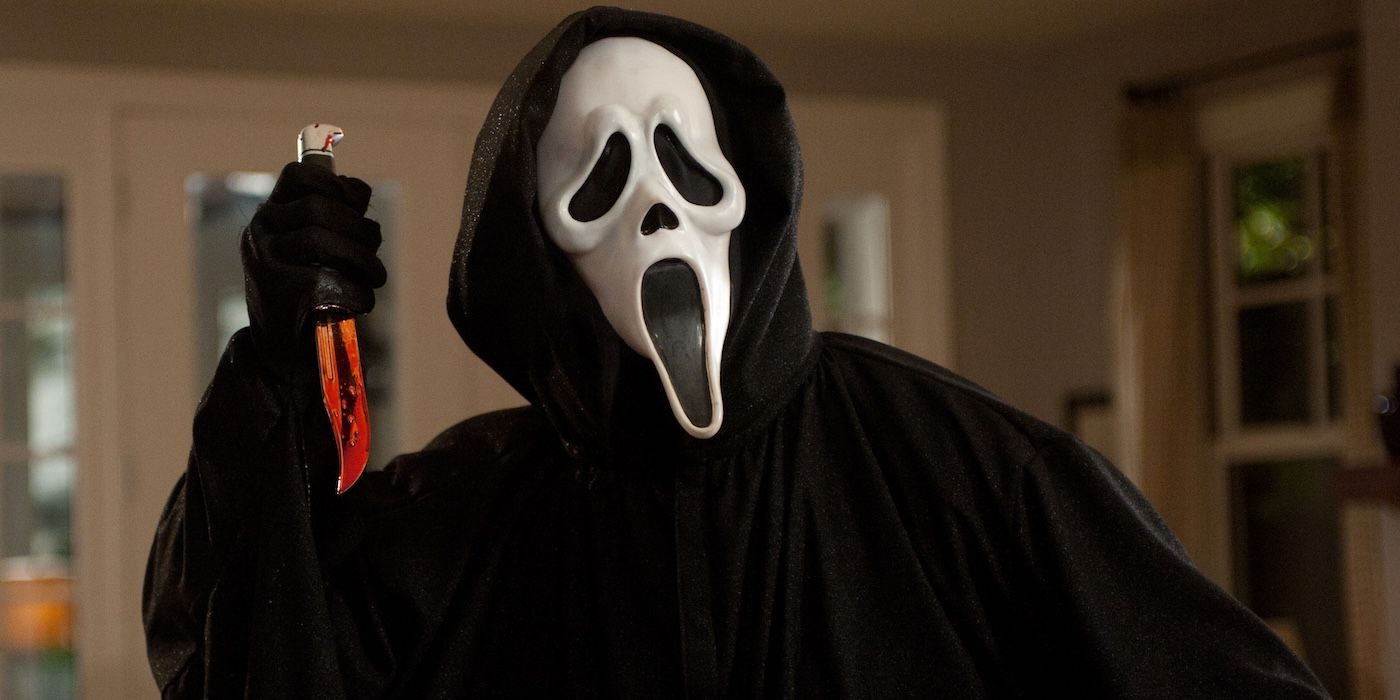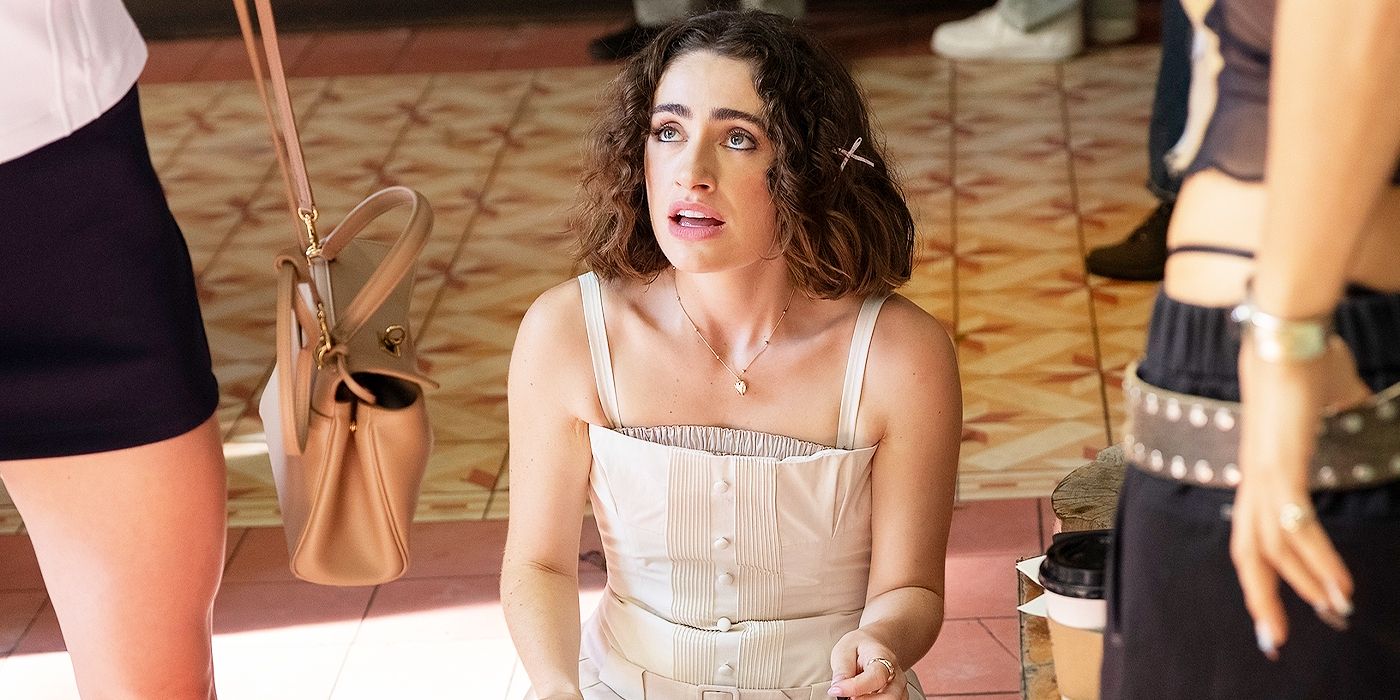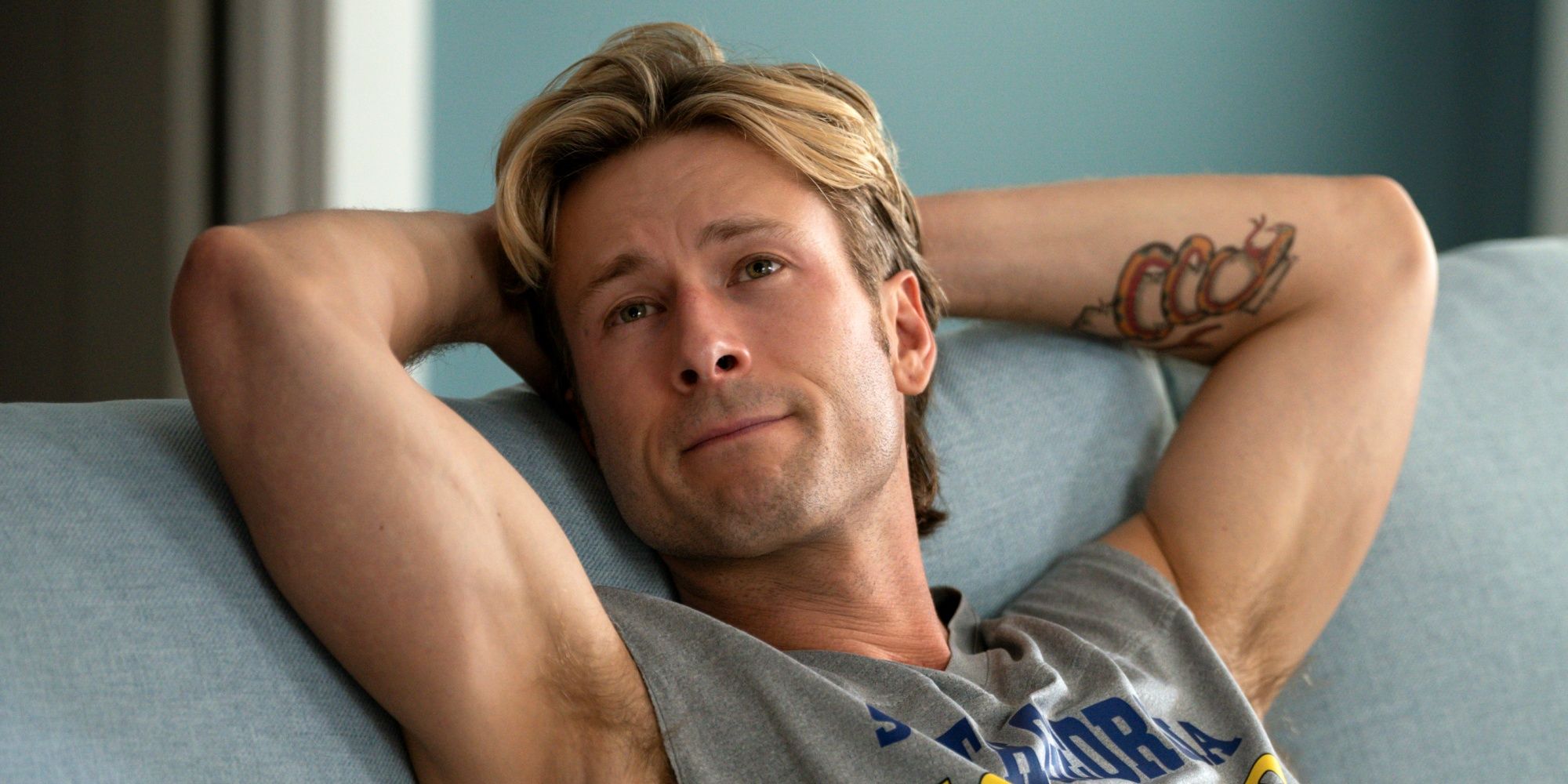The Witcher’s Fourth Season Marks a Controversial Turning Point: Liam Hemsworth’s Geralt Sparks a Cultural Divide as Fans Clash Over Legacy and Change in the Fantasy Realm
Within the expansive realm of fantasy on television, The Witcher has always found a way to stand out — not because of its creatures and magic, but because of the characters at its center. The series, based on the book series by Andrzej Sapkowski, has captivated audiences with its intricate storytelling and rich character development. However, the announcement that Henry Cavill would be stepping down from his role as Geralt of Rivia ahead of the show’s fourth season sent shockwaves through the fanbase. This decision not only raised questions about the future of the series but also ignited a fierce debate about legacy, identity, and the nature of adaptation in contemporary media.
Henry Cavill’s portrayal of Geralt was widely praised for its depth and authenticity. His commitment to the role, including extensive training and a deep understanding of the character’s complexities, helped to establish a strong connection with viewers. Cavill’s departure, therefore, was met with a mix of disappointment and anger from fans who felt a deep attachment to his interpretation of the iconic monster hunter. The emotional investment that audiences had in Cavill’s performance was significant, and many feared that the transition to a new actor could undermine the show’s integrity.
Enter Liam Hemsworth, who has taken on the mantle of Geralt for the fourth season. Hemsworth’s casting has been met with a polarized response. Supporters argue that a new actor brings fresh energy and perspective to the role, potentially allowing for new interpretations and storylines that could invigorate the series. Critics, however, view this change as a betrayal of the character’s legacy, fearing that Hemsworth’s portrayal may lack the gravitas that Cavill brought to the role. This divide mirrors broader societal debates about change and continuity, particularly in the realms of entertainment and culture.
The backlash against Hemsworth’s casting can be likened to the reactions seen in various cultural and political contexts when established figures are replaced or when new interpretations of beloved narratives emerge. Just as political leaders face scrutiny when they attempt to implement change, actors stepping into iconic roles often find themselves under a microscope. The stakes are high, as fans of The Witcher are not merely passive viewers; they are deeply invested in the lore, the characters, and the world that has been built over the previous seasons.
Moreover, the transition from Cavill to Hemsworth raises questions about the nature of fandom itself. In an age where social media amplifies voices and opinions, the discourse surrounding casting decisions can quickly become toxic. Fans express their dissatisfaction through online platforms, leading to campaigns that can either support or vilify new actors. This phenomenon reflects a broader cultural trend where public figures are often judged not just on their performances but also on their ability to meet the expectations set by their predecessors.
As Hemsworth steps into the role, he faces the daunting task of not only embodying Geralt but also navigating the expectations of a divided fanbase. His performance will be scrutinized through the lens of Cavill’s legacy, and any deviation from that established portrayal may be met with backlash. This pressure can stifle creativity and lead to a reluctance to take risks, ultimately affecting the storytelling process.
The Witcher’s narrative has always been about moral ambiguity, complex characters, and the consequences of choices. The transition between actors adds another layer of complexity to this theme. Just as Geralt grapples with the choices he makes in a world filled with monsters and moral dilemmas, the series itself must navigate the challenges of change while remaining true to its core values. The writers and producers face the challenge of crafting a narrative that honors the past while also embracing the future, a balancing act that is fraught with difficulty.
In the broader context of television and film, The Witcher is not alone in facing such challenges. Many franchises have undergone similar transitions, with varying degrees of success. The legacy of iconic characters often hangs in the balance when new actors are introduced, and the reactions from fans can shape the trajectory of a series. The Witcher’s fourth season will serve as a litmus test for how audiences respond to change and whether they are willing to embrace a new interpretation of a beloved character.
As the premiere of the fourth season approaches, anticipation and anxiety are palpable among fans. The stakes are high, and the outcome remains uncertain. Will Hemsworth’s portrayal resonate with audiences, or will it be viewed as a misstep in the series’ evolution? The answer may lie not just in Hemsworth’s performance but also in the willingness of fans to accept change and embrace a new chapter in the saga of Geralt of Rivia. The Witcher stands at a crossroads, and the decisions made in this season will undoubtedly reverberate through the franchise for years to come.
Within the expansive realm of fantasy on television, The Witcher has always found a way to stand out — not because of its creatures and magic, but because of the characters at its center. When it was announced, ahead of the Netflix series’ return for its fourth season, that former lead Henry Cavill had decided to bow out as the titular Witcher, Geralt of Rivia, the resulting shockwaves could have been enough to kill any remaining momentum the show still possessed.




